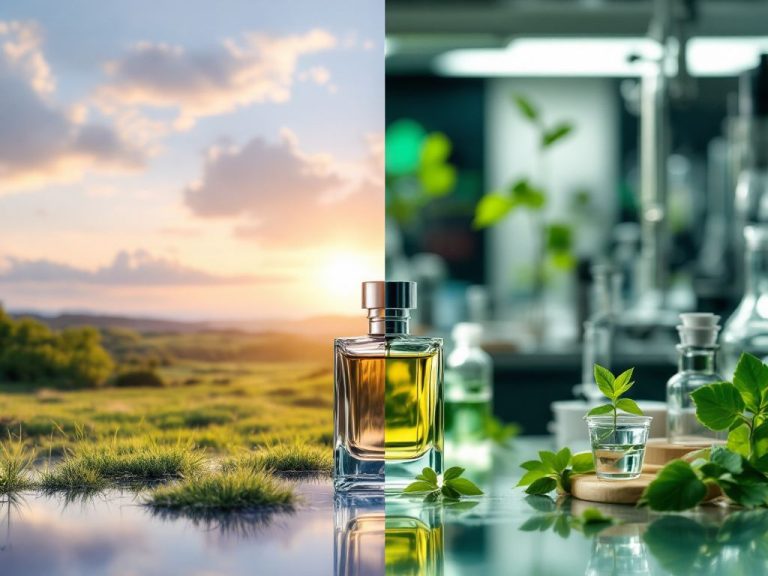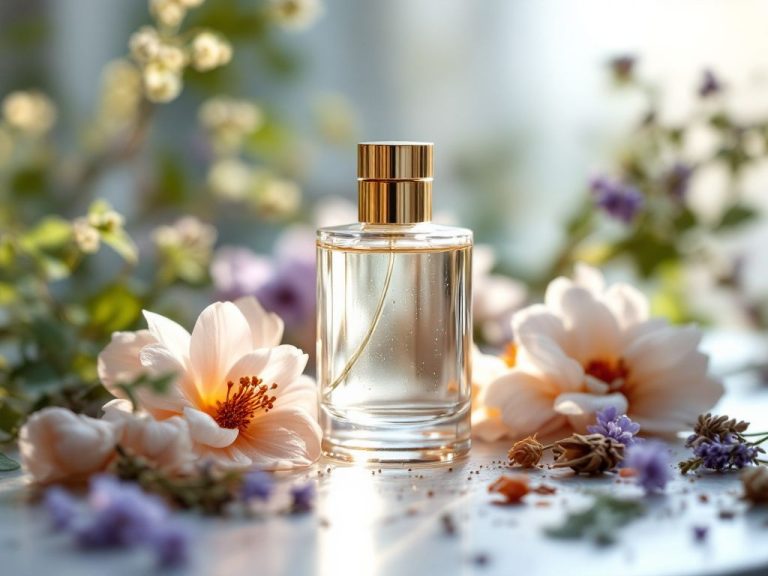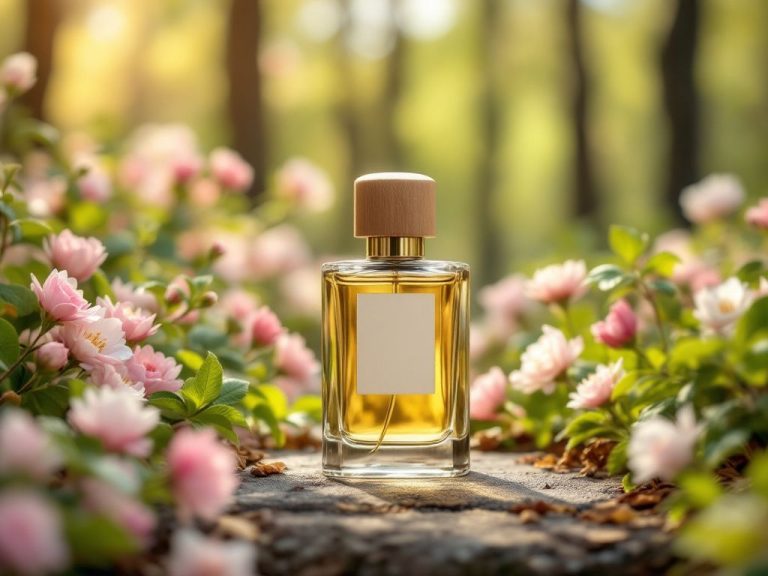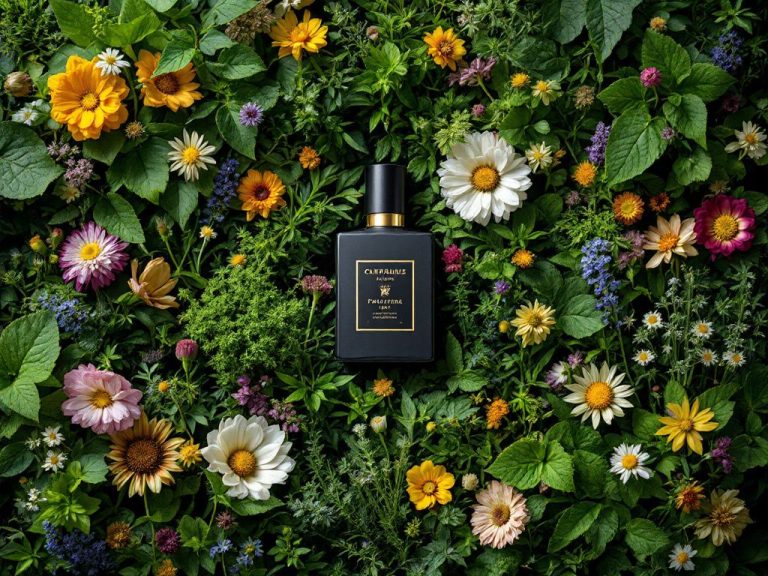
Understanding Perfume Raw Materials
Perfume composition is essentially a delightful chemistry lesson, blending different fragrance ingredients to craft that perfect scent profile using perfume raw materials. Perfume materials come from both natural and synthetic sources, enveloping us in an array of fragrances that can transport and transform. By understanding the world of perfume materials, we can appreciate the art form that is perfumery, contributed to by material science, heritage, and a dash of magic.









